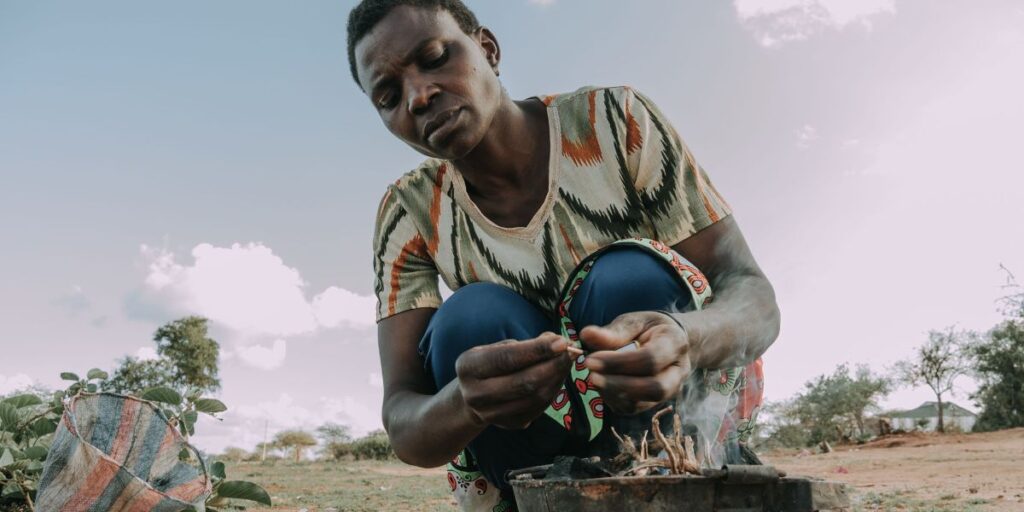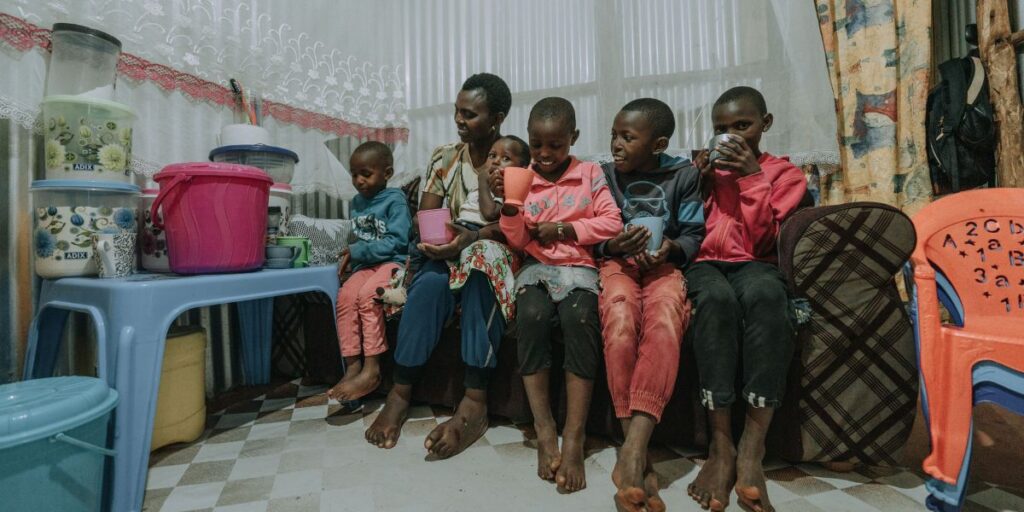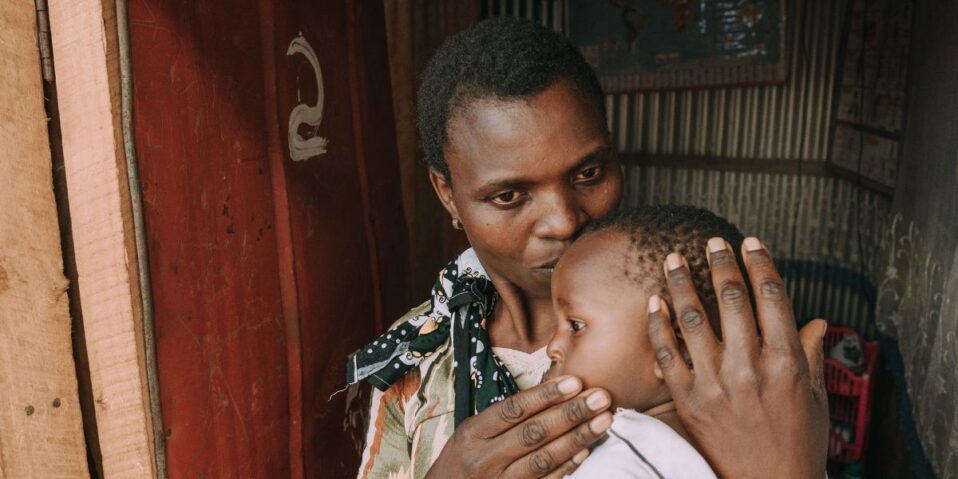By: Clare Bruce
As the world suffers an unprecedented global food crisis, it is women and girls who are bearing the greatest burden of hunger.
This sobering inequality in food security is the focus of Compassion Australia’s message this International Women’s Day, March 8th.
Head of Compassion Clare Steele, who happens to be the charity’s first female CEO, said that out of the 345 million people who are acutely food insecure, nearly two thirds are women and girls. These are people who are going without food, and whose lives are at risk right now.
Clare explained that women and girls are facing a unique set of pressures, more so than men.
“Hunger in a family means young women are often forced to stay at home and miss out on education,” she said. “As the pressure to find food rises, girls can face forced labour, child marriage, adolescent pregnancy and even human trafficking.”
Girls and women are also under threat physically, with gender-based violence and sexual exploitation rising as women and girls spend more time in search of firewood, water and food. In 45 countries, there are currently no laws protecting women and girls from sexual harassment.
Single Mums Vulnerable to Food Insecurity

Single mums like Fransciska from Kenya (pictured above) are among the most vulnerable in this current food crisis, as they struggle to not only find meals for their hungry families, but to provide an income as well. Fransciska is dependent on farming – but her community has seen only one rainfall in an entire year, resulting in crops failing, and leaving families like hers struggling to survive.
More than 4 million Kenyans are suffering in similar ways because of the drought.
“I often walk far distances to find work,” Fransciska said. “I’ve walked up to 15km one way, only to turn around with nothing.”
The constant search for work leads to family separation, as parents feel forced to leave their children with other relatives or siblings while they try to find food or income.
“I have to leave my youngest, [one-year-old] Pantaleo with a neighbour, or his older brother if he is not in school,” said Fransciska.
Baby Pantaleo recently suffered third-degree burns from boiling water on one of these occasions.
Fransciska’s family is now getting by on lifesaving food packs, distributed by Compassion’s church partner. This reliable source of nutrition has enabled Fransciska to stay home more often to care for her children.
No Girl or Woman Left Behind

Clare Steele is urging Australians to get behind Compassion’s work to make a difference for more families like Fransciska’s.
“We do this work because of who Jesus is and his love for the vulnerable,” she said. “This International Women’s Day, we want to ensure there is no woman or young girl left behind. We are calling on our supporters and church partners to help us support women, who are carrying much of the weight of the global food crisis. We can answer hunger with hope – and lighten the burden for women and their families across the globe.”
Compassion is an international Christian child development charity with 70 years’ experience working with children living in poverty.
Article supplied with thanks to Christian Media & Arts Australia.
All images: Supplied, Compassion Australia




